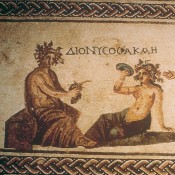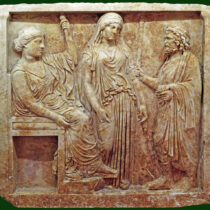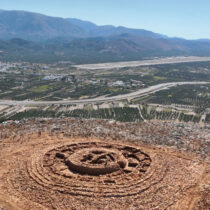As an Archaeology & Arts team member, I was honored with an invitation to speak at the Press Conference held Monday, May the 13th 2024 to present the films competing at the AGON 2024 – 12th International Archaeological and Cultural Doc Fest (20-25 May 2024, Athens, Greece).
The speech was delivered in Greek. Here is what I said, translated into English.
“The screenings of AGON were a special event for me, since my time as an archaeology student in Athens. It is therefore a great pleasure to be here today, having worked for the festival’s Selection Committee. I use the word “worked” since selecting is a difficult one. There are always too many entries, and all of them are worth giving a chance. These are films that are demanding, in terms of research, organization, and implementation. The filmmakers often have to travel the world, to reach difficult, faraway destinations, especially people unfamiliar with being exposed or talking in public. Yet, these people are representative of groups whose voices are rarely heard. So, my aim became to amplify these voices. After all, the contact with these voices has always been the festival’s strongest point.
The films of AGON always reflected the spirit of contemporary archaeology, in its evolution not as a discipline of “canceling” but as one of “broadening” our field. They illustrate the current interest in how cultures are bridged but also walled/ bordered. Thus, our films allow for connotations. An ancient shipwreck reflects so many others that will never be found, and bears witness to the eternal need of people to move, risking everything they have, for a better future. The successive layers of destruction in an ancient city echo the voices of those who, as we speak, see their cities being razed to the ground, in the attempt of powerful and privileged rivals to wipe out entire cultures and claim the land. Still, cooking utensils and household objects whose typology survives the same in all successive layers, stand witness that a people is not defined by the narrow boundaries of language, religious practices, or monumental buildings/ building tropes, but by more subtle details reflecting lifestyles that link people with their environment. Such details include intangible evidence, such as techniques and narratives, which bear witness to the ways and motivations of our journey through the world and of whom our films form important mediums of documentation.
Some food for thought.
Enjoy the films!”
Zeta Xekalaki





